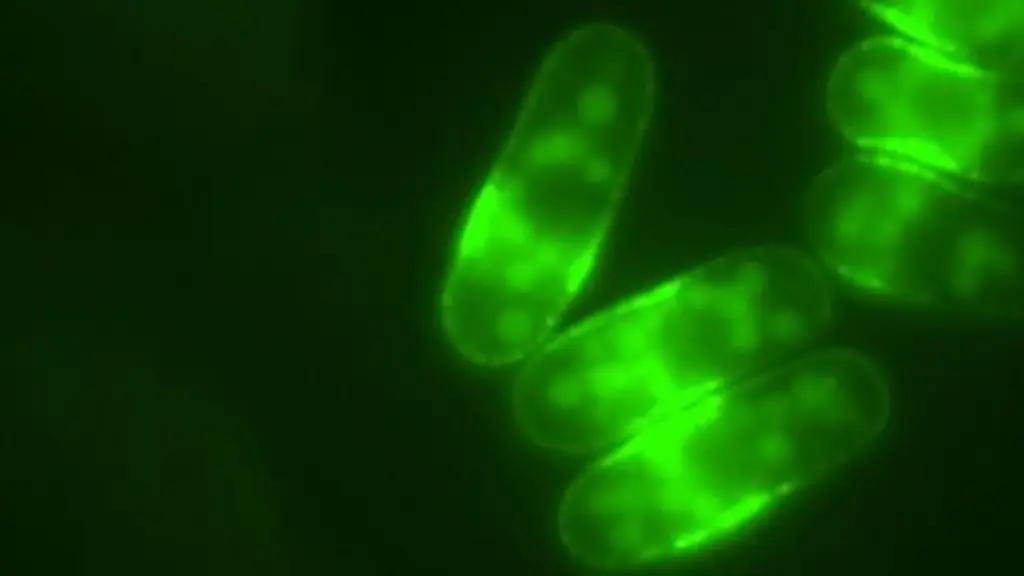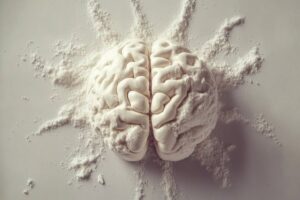
LONDON – A groundbreaking study reveals that your daily coffee habit may do more than just boost alertness; it could also activate an ancient cellular mechanism linked to longevity.
Immediate Impact
The Cellular Ageing and Senescence laboratory at Queen Mary University of London has published new findings in the journal Microbial Cell that suggest caffeine, the most widely consumed neuroactive compound, may play a critical role in decelerating the ageing process at a cellular level.
Caffeine has long been associated with various health benefits, including a reduced risk of age-related diseases. However, the precise mechanisms by which it impacts cellular functions have remained elusive until now.
Key Details Emerge
Researchers utilized fission yeast, a single-celled organism with remarkable similarities to human cells, to uncover how caffeine influences ageing. The study revealed that caffeine interacts with an ancient cellular energy system, offering new insights into its potential health benefits.
Previously, the research team discovered that caffeine extends cellular lifespan by influencing a growth regulator known as TOR (Target of Rapamycin). This biological switch, which has been regulating energy and stress responses for over 500 million years, signals cells when to grow based on available nutrients and energy.
Breaking: New Discovery on Caffeine’s Mechanism
In a surprising twist, the latest study found that caffeine does not directly affect this growth switch. Instead, it activates another significant system called AMPK, a cellular “fuel gauge” that is evolutionarily conserved in both yeast and humans.
“When your cells are low on energy, AMPK kicks in to help them cope,” explains Dr. Charalampos (Babis) Rallis, the study’s senior author and Reader in Genetics, Genomics and Fundamental Cell Biology at Queen Mary University of London. “And our results show that caffeine helps flip that switch.”
Industry Response
The revelation that caffeine can activate AMPK, the same target of the diabetes drug metformin, has sparked interest in the scientific community. Metformin is currently being studied for its potential to extend human lifespan alongside rapamycin.
Using their yeast model, researchers demonstrated that caffeine’s effect on AMPK influences cellular growth, DNA repair, and stress response—all factors intricately linked to ageing and disease.
By the Numbers
Caffeine’s impact on AMPK could potentially influence:
- Cellular growth rates
- DNA repair mechanisms
- Stress response systems
Expert Analysis
“These findings help explain why caffeine might be beneficial for health and longevity,” said Dr. John-Patrick Alao, the postdoctoral research scientist leading the study. “They open up exciting possibilities for future research into how we might trigger these effects more directly—with diet, lifestyle, or new medicines.”
Background Context
The announcement comes as scientists continue to explore the complex interactions between diet, cellular mechanisms, and longevity. The timing is particularly significant as the global population ages and the demand for anti-ageing interventions grows.
What Comes Next
The move represents a significant shift from traditional views on caffeine, positioning it as a potential ally in the quest for longevity. Future research will likely focus on how these findings can be translated into practical applications for enhancing human healthspan.
So, the next time you reach for your coffee, you might be doing more than just boosting your focus—you could also be giving your cells a helping hand.





